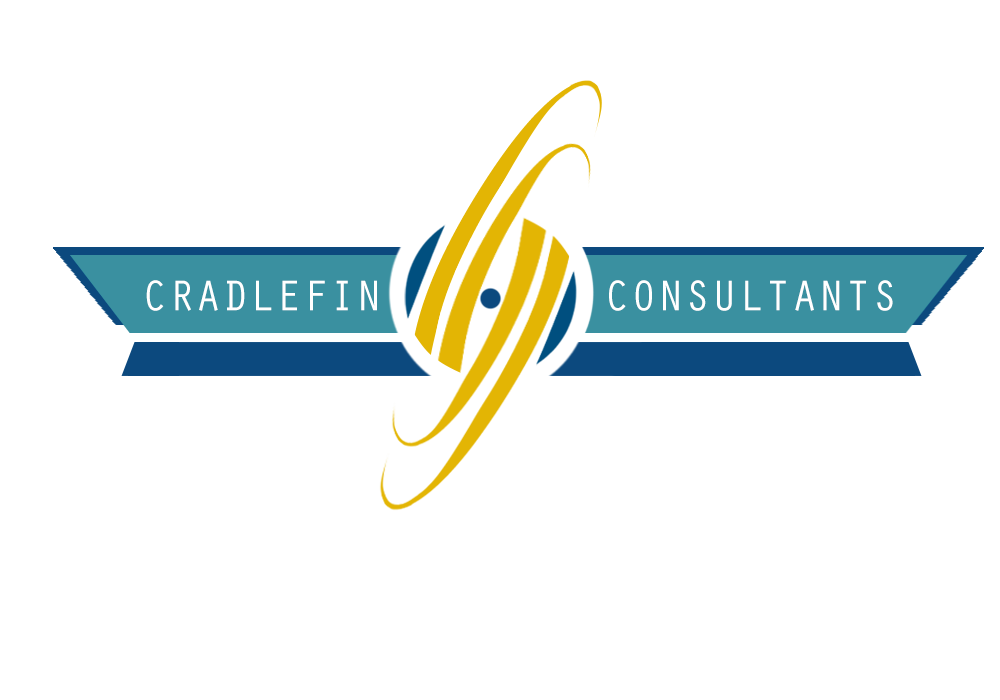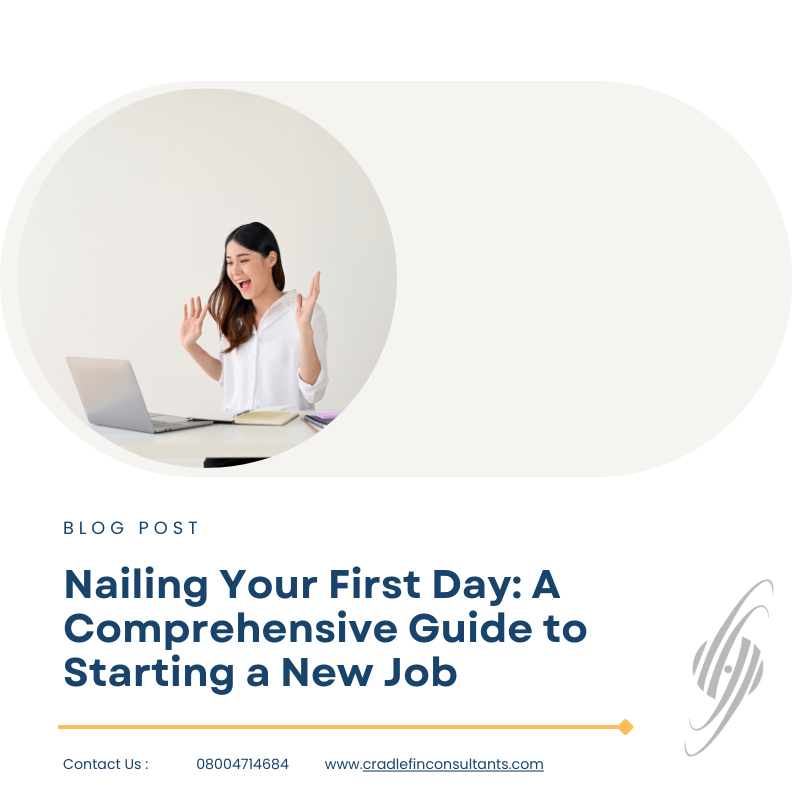Introduction
Considering a career switch can be both exciting and daunting. Whether you’re feeling stuck in your current job or simply seeking new opportunities, switching career lanes requires careful thought and planning. Before taking the leap into a new profession, it’s crucial to consider various aspects that will impact your decision and ultimate success. From assessing your motivations and goals to evaluating your skills and exploring potential options, this article will guide you through the key things to consider before embarking on a career change. By taking the time to thoroughly evaluate these factors, you can make a well-informed decision and increase your chances of a fulfilling and successful transition.
1. Assessing your motivations and goals
1.1 Reflecting on your current career satisfaction
Before making the leap into a new career lane, it’s important to take a moment and assess your current career satisfaction. Are you feeling fulfilled and motivated in your current role, or do you find yourself longing for something more? Understanding what is driving your desire for change can help you make a more informed decision.
1.2 Identifying your core values and interests
When considering a career switch, it’s crucial to align your new path with your core values and interests. What are the things that truly matter to you? What activities or subjects ignite your passion? Identifying these aspects will guide you towards a career that resonates with you on a deeper level.
1.3 Setting clear career goals and objectives
To make a successful career transition, it’s essential to establish clear goals and objectives. What do you hope to achieve in your new career? Setting realistic and specific goals will help you stay focused and motivated throughout the process of switching lanes.
2. Evaluating your current skills and experience
2.1 Taking inventory of your transferable skills
Switching careers doesn’t necessarily mean starting from scratch. Take inventory of your current skills and identify which ones are transferable to your desired field. This will give you a head start and make your transition smoother.
2.2 Assessing your strengths and weaknesses
Understanding your strengths and weaknesses is crucial when considering a career change. Assess what you excel at and what areas may need improvement. This self-awareness will help you make informed decisions and determine how to leverage your strengths in your new career.
2.3 Identifying gaps in skills or knowledge
While evaluating your skills, you may discover gaps that need to be filled to succeed in your desired career. Identify these gaps and consider how you can acquire the necessary skills or knowledge through additional training or education.
3. Researching potential career options
3.1 Exploring different industries and job sectors
Switching career lanes presents an opportunity to explore new industries and job sectors. Take the time to research and learn about different options that align with your interests and goals. This exploration will help you make an informed decision and discover exciting possibilities.
3.2 Conducting informational interviews
Informational interviews offer valuable insights into potential careers. Reach out to professionals in your desired field and ask if they would be willing to share their experiences. These conversations can provide valuable information about the day-to-day realities of the job and help you determine if it’s the right fit for you.
3.3 Researching job market trends and demands
Understanding the job market trends and demands in your desired field is essential for a successful career switch. Research the current and projected future outlook of the industry to ensure your new career path offers stability and growth opportunities.
4. Considering the financial implications
4.1 Evaluating the potential salary range
Switching career lanes may have financial implications, so it’s important to evaluate the potential salary range of your new career. Research the average salaries in your desired field and consider if it aligns with your financial goals and obligations.
4.2 Assessing the cost of additional education or training
If your new career requires additional education or training, assess the associated costs. Consider the investment required and whether you have the resources to pursue the necessary qualifications. This evaluation will help you plan and budget accordingly.
4.3 Budgeting for a potentially lower income during transition
It’s important to account for the possibility of a lower income during your career transition. Calculate your living expenses and create a budget that accounts for potential financial adjustments. This preparation will help you navigate any temporary financial challenges with ease.
Remember, switching career lanes can be an exciting and fulfilling journey. By assessing your motivations, evaluating your skills, researching potential options, and considering the financial implications, you’ll be well-equipped to make an informed decision and embark on a new path with confidence.
5. Exploring necessary education or training
5.1 Researching educational options (degrees, certifications, etc.)
When considering switching career lanes, it’s important to assess whether you need any additional education or training. Take the time to research different options, such as degrees or certifications, that align with your desired career field. Look into the qualifications and requirements needed for jobs in that field, and determine if pursuing further education is necessary to enhance your skills and increase your chances of success.
5.2 Analysing time commitment for acquiring new skills
Acquiring new skills often requires a significant time commitment. Before making the switch, consider how much time you are willing and able to invest in further education or training. Take into account any personal or professional commitments you currently have and determine if you can realistically dedicate the necessary time to acquire the skills needed for your desired career.
5.3 Considering alternative learning methods (online courses, workshops, etc.)
Traditional education may not be the only option when it comes to acquiring new skills. With the rise of online courses, workshops, and other alternative learning methods, there are now more accessible and flexible options available. Consider whether these alternative methods align with your learning style and schedule. They can often provide valuable knowledge and skills without the time and financial commitment of a full-degree programme.
6. Anticipating challenges and obstacles
6.1 Identifying potential hurdles specific to the new career
Switching career lanes is not without its challenges. It’s essential to identify and assess potential hurdles specific to your desired career. Are there any skill gaps you need to bridge? Are there specific certifications or experiences that are highly valued in the field? By understanding these potential challenges, you can better prepare and strategize for success.
6.2 Assessing the impact on work-life balance
Embarking on a career switch may have an impact on your work-life balance. Consider how this change might affect your daily routine, personal life, and overall well-being. Will you need to make adjustments in your schedule or take on additional responsibilities? Understanding the potential impact on your work-life balance will help you make informed decisions and set realistic expectations.
6.3 Preparing psychologically for the uncertainties of the transition
Switching career lanes can be an exciting but also uncertain journey. It’s important to prepare yourself psychologically for the potential challenges and uncertainties that may come your way. Embrace a growth mindset and be open to learning, adapting, and overcoming obstacles. Surround yourself with a positive support system that can uplift you during moments of doubt or difficulty.
7. Building a support network
7.1 Seeking guidance from career counsellors or coaches
Don’t underestimate the power of seeking guidance from professionals in the field. Career counsellors or coaches can provide valuable insights and advice to help you navigate your career switch. They can assist you in exploring different options, identifying transferable skills, and navigating any challenges or doubts you may face along the way.
7.2 Networking with professionals in the desired field
Networking is an essential component of a successful career switch. Connect with professionals who are already working in your desired field. Attend industry events or join relevant online communities to expand your network. Engage in conversations, ask questions, and learn from their experiences. Building relationships with professionals in the field can provide valuable support, mentorship, and potential job opportunities.
7.3 Engaging with industry-specific communities and forums
In addition to networking with individuals, engage with industry-specific communities and forums. These online platforms provide a wealth of knowledge and resources specific to your desired career field. Participate in discussions, ask for advice, and share your own insights. By actively engaging in these communities, you can stay informed about industry trends, gain valuable insights, and establish yourself as a knowledgeable professional.
8. Creating a transition plan
8.1 Setting a timeline for the career switch
A career switch requires careful planning and organisation. Set a realistic timeline for your transition. Consider the time needed for education or training, networking, and job searching. Break down the process into manageable steps with specific deadlines to keep yourself accountable. Having a well-defined transition plan will help you stay focused and motivated throughout the journey.
Closing Thoughts
Switching career lanes is a significant decision that requires careful consideration. By assessing your motivations, evaluating your skills, researching potential options, and planning for challenges, you can navigate the transition with confidence. Remember to build a support network and create a solid transition plan to increase your chances of success. While change can be daunting, it also presents exciting opportunities for growth and fulfilment. With the right mindset and preparation, you can embark on a new career path that aligns with your passions and goals. Good luck on your journey of exploring new professional horizons!
FAQ
1. How do I know if it’s the right time to switch careers?
Deciding when to switch careers is a personal choice and depends on various factors. Some common signs that it might be the right time include feeling unfulfilled or stagnant in your current job, a strong desire to pursue your passion, or a significant change in your personal circumstances. It’s important to assess your motivations and goals before making a decision.
2. Do I need to have experience in the new career I want to pursue?
While having experience in the new career can certainly be advantageous, it’s not always a requirement. Transferable skills, such as leadership, communication, problem-solving, and adaptability, can be valuable assets in any field. However, if your desired career requires specific technical knowledge or expertise, you may need to acquire additional education or training.
3. How can I minimise the financial impact of a career switch?
Switching careers can have financial implications, especially if you’re transitioning into a lower-paying field or need to invest in additional education or training. To minimise the financial impact, you can create a budget and savings plan to cover your expenses during the transition period. Additionally, explore options for financial aid, scholarships, or part-time education while continuing to work in your current job.
4. What if I’m unsure about the right career path for me?
It’s common to feel unsure about the right career path, especially when considering a switch. To gain clarity, you can conduct research, engage in informational interviews, and seek guidance from career counsellors or coaches. Exploring internships or volunteering opportunities in your areas of interest can also offer valuable insights. Remember, it’s okay to take time to explore and experiment before settling on a new career.





